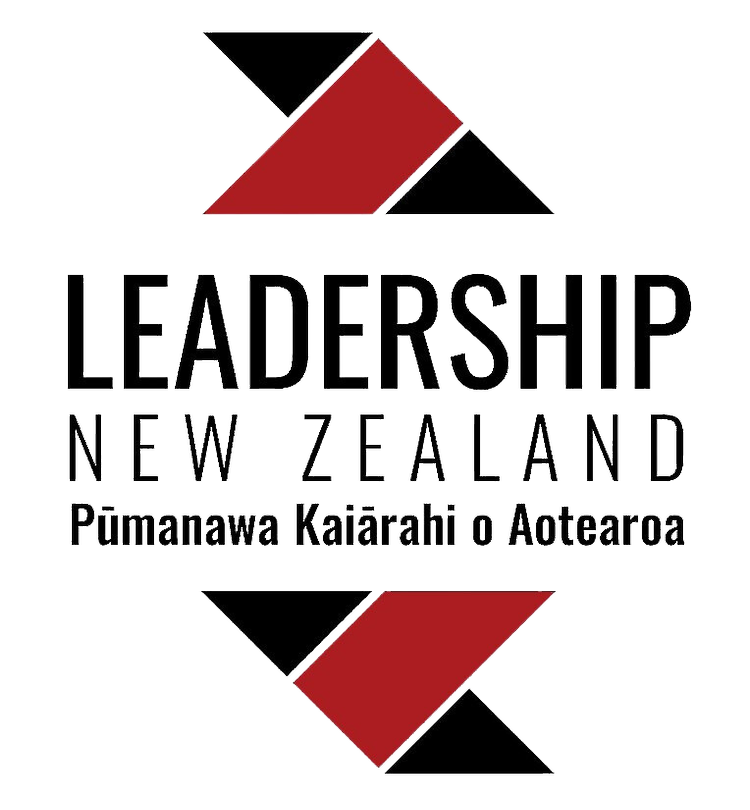written by Desi Ramoo, Research Technology and Innovation Practice Lead for Ministry for Primary Industries
We have now reached the point in our Leadership NZ journey, that when the group meet, it’s like connecting with old friends. The 2018 cohort met enthusiastically at the idyllic Caccia Birch House in Palmerston North in anticipation of what lay ahead. Although a little chilly, the sun was to shine on us physically and mentally throughout the next two days.
This month’s session on Sustainability and the Economy began with a warm and heartfelt greeting from our host, Downer NZ. I always find opening every Leadership NZ session with a mihi whakatau and waiata a solid reminder of my responsibility to help build a future for New Zealand that is respectful of our past.
One of the challenges we always recognise is the need to first check in; switch off your mind to those distractions and be present. Those burning issues, deadlines and decisions can wait; this is our time, our investment in ourselves to become more than we can achieve as individuals without guidance. The tools and activities we have been shown to help us prepare at the beginning of each session, seem strange at first and a little unsettling but are now the accepted and valued norm.
Day one continued with a panel discussion titled Sustainability and the Economy: the changing face of primary industry. Our panellists comprised of Danny Donaghy, Professor of Dairy Production Systems, Massey University; Farmer Richard Morrison, Director, President Manawatu-Rangitikei Federated Farmers and Lisa Chase, Senior Advisor – Regional Economic Development for Te Tai Hauauru for Te Puni Kokiri.
The panellists highlighted New Zealand’s primary sector strengths built upon the foundation of science and global reputation for product quality. The recent announcement that Air New Zealand was serving the plant-based “impossible burger”, caused little concern from the panel which shows great confidence in the New Zealand brand. There was mention of value-added products that are or could be produced for export as an opportunity as opposed to developing products for emerging new markets. We learnt New Zealand exports “waste meat by-products” to other countries so they may mix with homegrown raw material to enhance their own meat products. The panel focused on the here and now which, as it turned out, prepared us to discuss the future on day two.
After the panel session, we dispersed into smaller groups so we could engage the speakers in a more direct discussion. As you would expect each panellist demonstrated their passion for the rural community whether it be from a science, environment or farming lifestyle perspective. The conversation zigged and zagged as we each had different viewpoints some of which either reinforced or challenged my own views.
Unfortunately, I could not make the afternoon’s outdoor activity. As I drove off to my accommodation, passing the Leadership NZ group heading to the bus, it was clear to see this cohort of diverse people had a camaraderie and were fully engaged. What a privilege, to be a part of this group.
Arriving first on the second day I was able to welcome the first few to arrive. Quickly everyone shared the previous afternoon’s activity. It sounded strange at first but when I heard the learnings from the activity, it all made sense. My take away from conversations were that you need to know when to push, when to lead and understand that in spite of the outcome you want, external forces may have other ideas.
In preparation for group discussion, we were to complete a listening exercise. After finding someone who we had not yet worked with, we settled into the task. The one on one sessions and connecting with someone new I find most enjoyable. It’s a simple task, four questions which you just listen to your partner answer. I always find it hard during these face to face activities not to reaffirm statements and provide my point of view.
All warmed up and ready to go we moved into a group discussion. The discussion landed on how we performed as a group during the previous day’s panel session, what we did well and areas where we could improve. As future leaders, we shared some passionate views, frustrations and examples of leaders who got results using questionable methods to achieve outputs. The fact that we are looking at ourselves critically, open to sharing in a safe environment, gives much kudos to the NZ Leadership Programme and shows how far we have come on our journey.
To end the session at Caccia Birch House we are set our final task. We quickly formed self-selected teams, began a discussion to prepare for a ten-minute presentation under the theme “Our Vision”. Sounded straightforward but with seven contributors in our team, with different viewpoints and priorities, I can see much debate ahead. Like many of the 2018 cohort, I have children and I worry about their future. It’s great to work with like-minded people who want to participate in shaping New Zealand’s future and not spectate.

